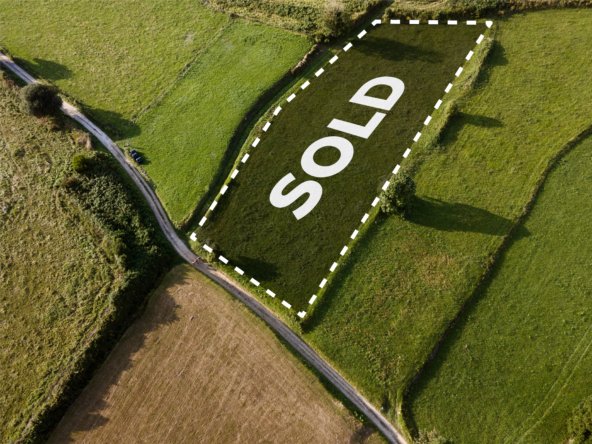Highlight: Legal Tips, Red Flags, and Documentation Checklist
Buying land in Nigeria can be one of the smartest investments you’ll ever make—but it can also turn into a financial nightmare if you’re not careful. This step-by-step guide will walk you through everything you need to know: from spotting red flags to handling documentation like a pro.
Step 1: Define Your Purpose & Budget
Before anything else, be clear on:
- Why you’re buying the land (residential, commercial, farming, land banking, etc.)
- Where you want to buy (urban, rural, outskirts)
- Your budget (consider not just land price, but survey, legal, and documentation fees)
Pro Tip: Land is cheaper in developing areas, but it may come with higher risk or require patience.
Step 2: Scout and Inspect the Land
Whether through an agent or directly, do a physical inspection. Things to look for:
- Accessibility: Is the land motorable and near infrastructure?
- Topography: Is it flood-prone, swampy, or rocky?
- Encroachment: Any signs of dispute or squatters?
- Neighborhood: Is the area developing, safe, and livable?
🚩 Red Flag: Avoid lands that no one wants to show you physically or where access is restricted.
Step 3: Verify Land Ownership
Ask for proof of ownership from the seller. This could be:
- Certificate of Occupancy (C of O)
- Deed of Assignment
- Gazette (for excised land)
- Registered Survey Plan
- Allocation Letter (for government-issued land)
🛑 Red Flags:
- “Family land” without any paperwork
- Seller claims “my uncle is the owner”
- Documents without names or signatures
- Different names on the deed and the ID of the seller
Step 4: Conduct a Legal Search
Engage a property lawyer to:
- Search land records at the Land Registry (in the state or FCT)
- Confirm the land isn’t under government acquisition
- Ensure no existing mortgage, lien, or legal case
💡 You should also do a search with the Surveyor-General’s Office to confirm land coordinates are genuine and not overlapping restricted areas.
Step 5: Documentation Checklist
Once everything is verified, ensure the following documents are prepared:
✅ Buyer Should Have:
- Valid ID (NIN, passport, voter’s card)
- Passport photographs
- Proof of payment (bank transfer receipt)
✅ Seller Should Provide:
- Copy of valid title (C of O, Gazette, etc.)
- Deed of Assignment (to be signed)
- Survey Plan
- Tax Clearance Certificate (if applicable)
🧾 All parties must sign in the presence of a lawyer or notary. Witnesses are also advised.
Step 6: Land Transfer & Registration
After payment and signing:
- Lawyer drafts a Deed of Assignment
- Parties sign and exchange documents
- Stamp duty is paid at the State IRS or FIRS
- Land is registered in the buyer’s name at the Lands Registry
✍️ If the land was under a C of O, the governor’s consent must be obtained for full transfer.
Bonus Tips for Buying Land Safely
Always use a real estate lawyer
Don’t pay in cash – always via bank transfer
Ask neighbors about the land – you’ll be surprised what they know
Avoid emotional decisions – urgency = pressure = possible scam
If buying from a developer or estate, verify their RC (CAC) and past track record
Final Thoughts
Buying land in Nigeria doesn’t have to end in regret. By being informed, patient, and thorough with verification, you can secure a profitable investment or build your dream home with peace of mind.
Take your time. In real estate, the due diligence you do upfront saves you millions later.




